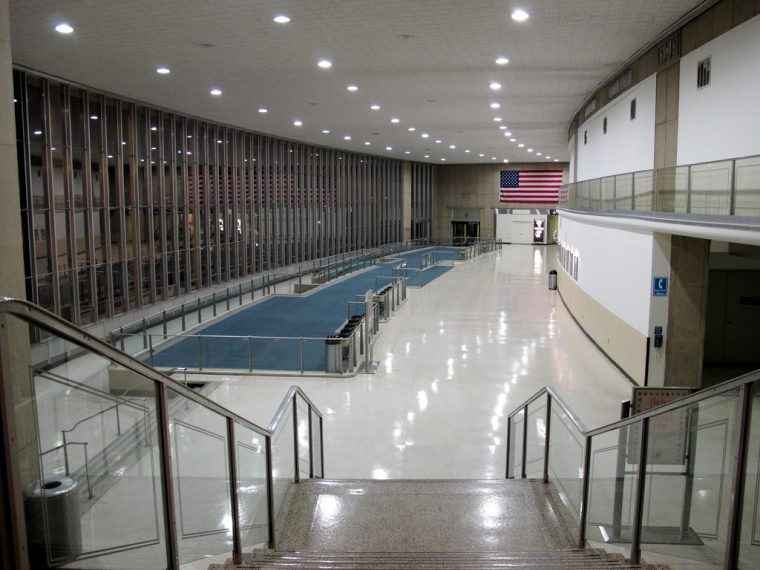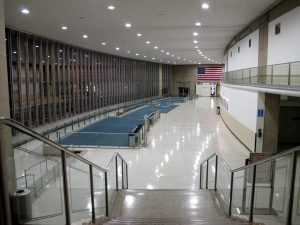
A $7.1 billion bill reauthorizing the Federal Aviation Administration (FAA) was passed by the U.S. Senate today and is now headed for debate in the House. The bill would expire at the end of Fiscal Year 2017, only 18 months from now.
One of the many provisions in the Senate version of the bill would accelerate the regulation of civil and commercial use of unmanned aerial vehicles (UAVs). The Association for Unmanned Vehicle Systems International projects that the industry could create more than 100,000 jobs and have an economic impact of more than $82 billion in the first decade after UAVs are integrated into national airspace.
What should be of interest to both the public and private sectors is a provision in the Senate bill that authorizes a study on Future Aviation Infrastructure and Financing. The bill would authorize the Secretary of Transportation to work with the Transportation Research Board of the National Academies to analyze and then make recommendations on what would need to be done to bring the nation’s aviation infrastructure system up to standards necessary to meet the needs of the 21st century. National experts such as representatives of all sizes of airports, local elected officials, passengers, airlines and other aviation professionals would participate in the study.
Some of the topics to be addressed include: the available financial tools and resources for airports of different sizes; airport debt and its impact on future construction and capacity needs; the additional resources or options to fund terminal construction projects; and the ability of airports to finance necessary safety, security, capacity, and environmental projects identified in capital improvement plans. The group would have up to 15 months from the time the bill passes and is signed into law to make its recommendations.
Given the millions of dollars’ worth of infrastructure upgrades and additions needed at many of the nation’s airports, these recommendations could very well point to the need for collaboration among the public and private sectors and an infusion of private capital as an alternative form of financing many of the necessary projects. This bill bears watching by both government and private sector officials as it makes its way through the House.

